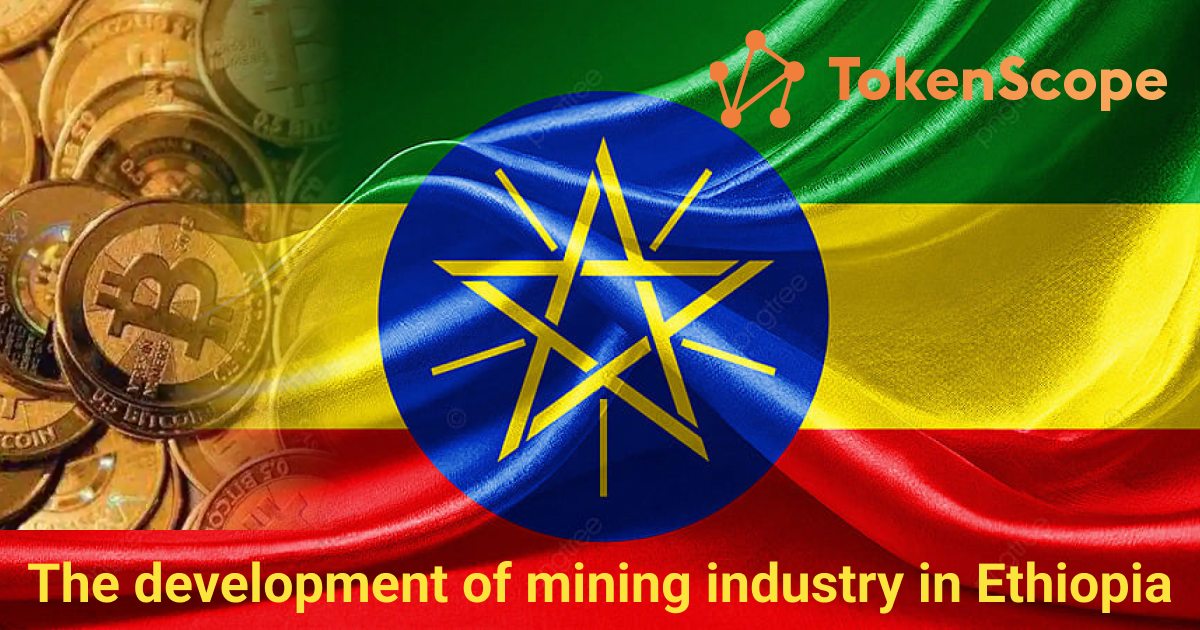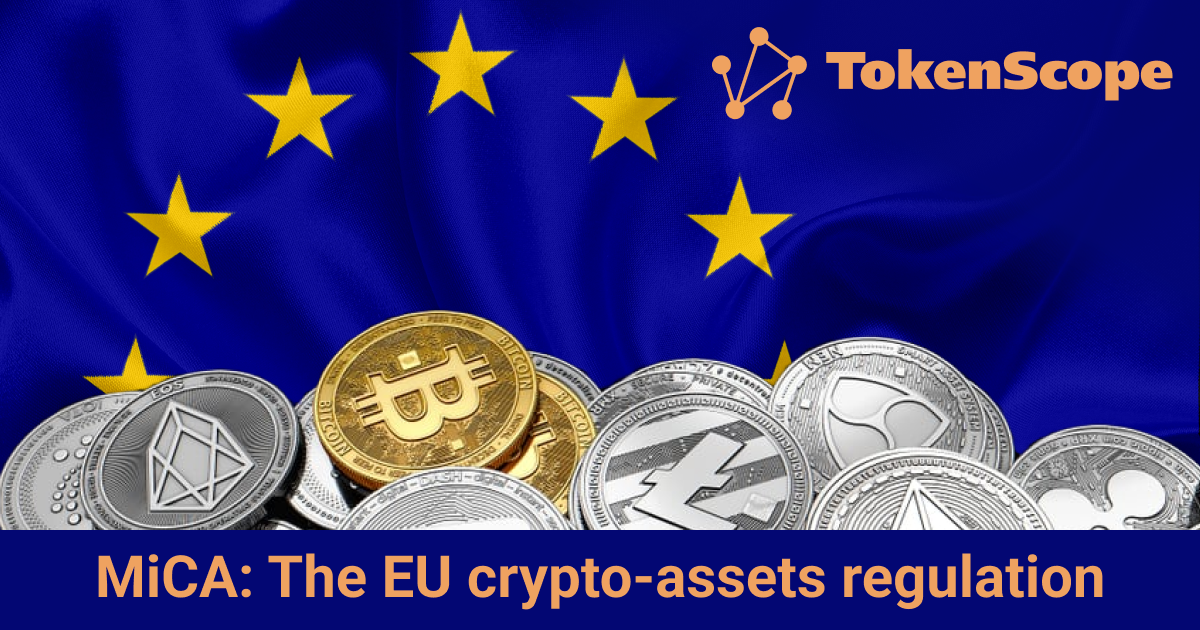The development of mining industry in Ethiopia

Ethiopia initially took a cautious stance towards cryptocurrencies, with the central bank (National Bank of Ethiopia) banning their use for transactions in the country in 2022, citing concerns about financial instability, money laundering, and lack of regulation. However, in a shift in strategy, the Ethiopian government has since moved towards regulating cryptocurrencies rather than outright banning them. In August 2022, the Information Network Security Agency (INSA) issued a directive requiring all cryptocurrency operators to register with them. This shift reflects the Ethiopian government's recognition of the potential benefits of cryptocurrencies, such as facilitating cross-border payments and revolutionizing digital identity, as well as the continued growth of the global crypto market.
Despite the lack of legal framework explicitly allowing the use of cryptocurrencies, there has been a notable increase in crypto adoption in Ethiopia, with over 1.8 million crypto users in the country. Developers, entrepreneurs, and government officials are increasingly exploring the applications of blockchain technology across various sectors. Ethiopia is also positioning itself as a leader in the data center space in Africa, with the country ranking fourth globally in 2023 as a destination for Bitcoin mining rigs. Russian and Ethiopian companies have already started building Bitcoin mining facilities in the country.
Cryptocurrencies status
Cryptocurrencies are not considered legal tender in Ethiopia, but their use as payment method is prohibited. However, the Ethiopian government recognized the potential benefits of cryptocurrencies, such as facilitating cross-border payments and revolutionizing digital identity, as well as the continued growth of the global crypto market. While Ethiopia has not yet enacted laws explicitly allowing the use of cryptocurrencies, there has been a notable increase in crypto adoption in the country, with over 1.8 million crypto users. That is the reason why the Ethiopian authorities are currently in the process of formulating guidelines to provide comprehensive supervision over the operations, economic ramifications, and environmental implications of the crypto sector.
Mining
Ethiopia has emerged as a surprising new hub for Bitcoin mining, attracting significant investments and positioning itself as a leader in the African crypto mining landscape. Despite an initial ban on cryptocurrency trading, the Ethiopian government has shifted its stance, actively guiding the development of the Bitcoin mining industry in the country.
The influx of Chinese Bitcoin miners to Ethiopia has been driven by several factors:
-
Low electricity costs and abundant renewable energy resources, particularly hydropower;
-
Favorable climate conditions ideal for mining operations;
-
Accommodating government policies and regulations.
China's ban on Bitcoin mining in 2021 prompted many miners to seek alternative destinations, and Ethiopia's unique blend of economic and political advantages made it an attractive option. Chinese companies like Bitcluster and Hashlabs Mining have already established substantial mining facilities in the country. By 2023, Ethiopia had already risen to become one of the world's top recipients of Bitcoin mining machines.
The arrival of Bitcoin miners in Ethiopia presents significant economic opportunities, including the attraction of foreign investments and strengthening bilateral relations with China, generating foreign currency earnings and creating job opportunities and driving innovation.
Ethiopia's embrace of Bitcoin mining reflects its openness to new technologies and its commitment to attracting foreign investments. As more countries seek to leverage their resources to drive economic growth, Ethiopia's experience provides valuable lessons for other African nations looking to embrace digital currencies and assets.
With the right regulatory framework in place, Ethiopia could witness substantial growth and development in the Bitcoin mining sector, contributing to its overall economic transformation. The country's strategic positioning as a leader in the African crypto mining industry holds promising prospects for sustainable growth and could serve as a model for other nations facing similar economic challenges.




